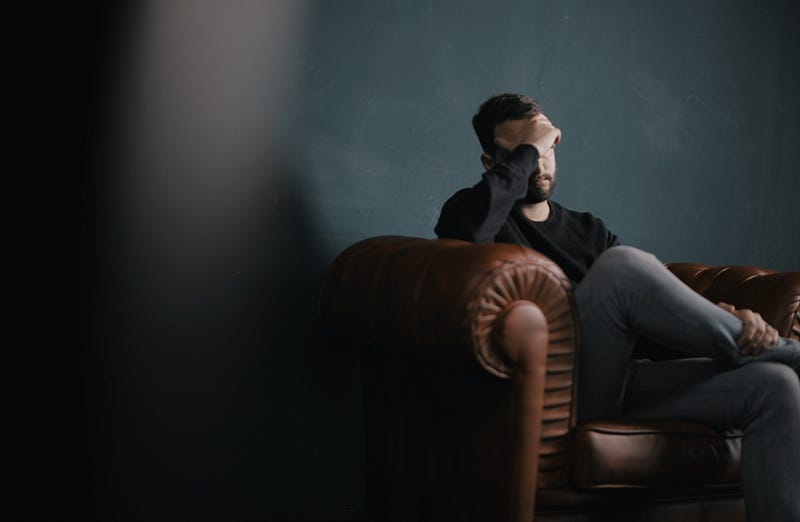Taking care of your mental health as a freelance writer

If you’re a freelance writer, you probably spend a lot of time with your thoughts. It’s the only thing we get to take responsibility for, after all: our own minds and what we do with them (though I suppose wearing earplugs counts). And yet, writers often neglect the importance of staying mentally healthy.
I know it’s a difficult balance to strike. You want your writing career to take off, but that will only happen when you’re in the right state of mind — which is why I’m about to tell you a few things that have helped me stay in a good place physically and mentally during my own journey as a freelance writer.
In case you’re not really sure how your mind goes, let me break it down for you. When we’re stressed out by our work, for example, certain chemicals called cortisol and epinephrine are released into the body to help us “fight or flight” from a scary situation. This is a good thing when we have to deal with an actual threat. But when the pressure is due to us doing things like juggling multiple deadlines or rushing through a project, it can lead to health issues down the line. For me, it causes migraines and anxiety attacks, among other problems.
My coping strategy? I do my best to remain mindful of how what I’m writing actually affects me at a physical level. I now go with the motto “there’s no deadline worth sacrificing my health.” Sometimes that means saying no to projects, which is something all freelancers will have to get comfortable with if they want to succeed in this competitive but rewarding industry.
The other thing about staying healthy is that there are times when you feel like your work has only worsened your mental health. After all, that’s how it felt for me when I went through my first major depressive episode years ago. But now, with the help of medication and self-care, I’ve managed to claw back some semblance of a normal life. So whenever I feel overwhelmed by my work, instead of panicking or ignoring the issue, I do my best to take a mental health day — because as Donna Ballman once said, it’s not selfish, and people who say otherwise don’t understand how the mind works.
I’m also fortunate to have an amazing support system: my family and friends. They’re all very understanding and empathetic about what I go through, which makes it easier to talk about my issues. It’s important that you have people like this in your life as well: friends and loved ones who will listen and not judge, but just lend an ear when you need it.
Physical health is also an important component of mental health, so it’s crucial you take care of that as well. For me, this means getting enough sleep every night, eating breakfast in the morning, and doing at least one fun activity during my weekend. It also helps to have an outlet for your emotions — something I find helpful is journaling, or just taking some time alone with a book.
In the end, it’s about knowing yourself and your limits. It’s about being realistic in terms of what you can and cannot do because a significant part of mental health is also learning to accept that there are going to be difficult times in life where there’s not much you can do beyond taking care of yourself.
It might take some time before you find the right balance. But hey, who knows? You might already have it all figured out. All I can hope for is that if you don’t, this article helps in some small way.